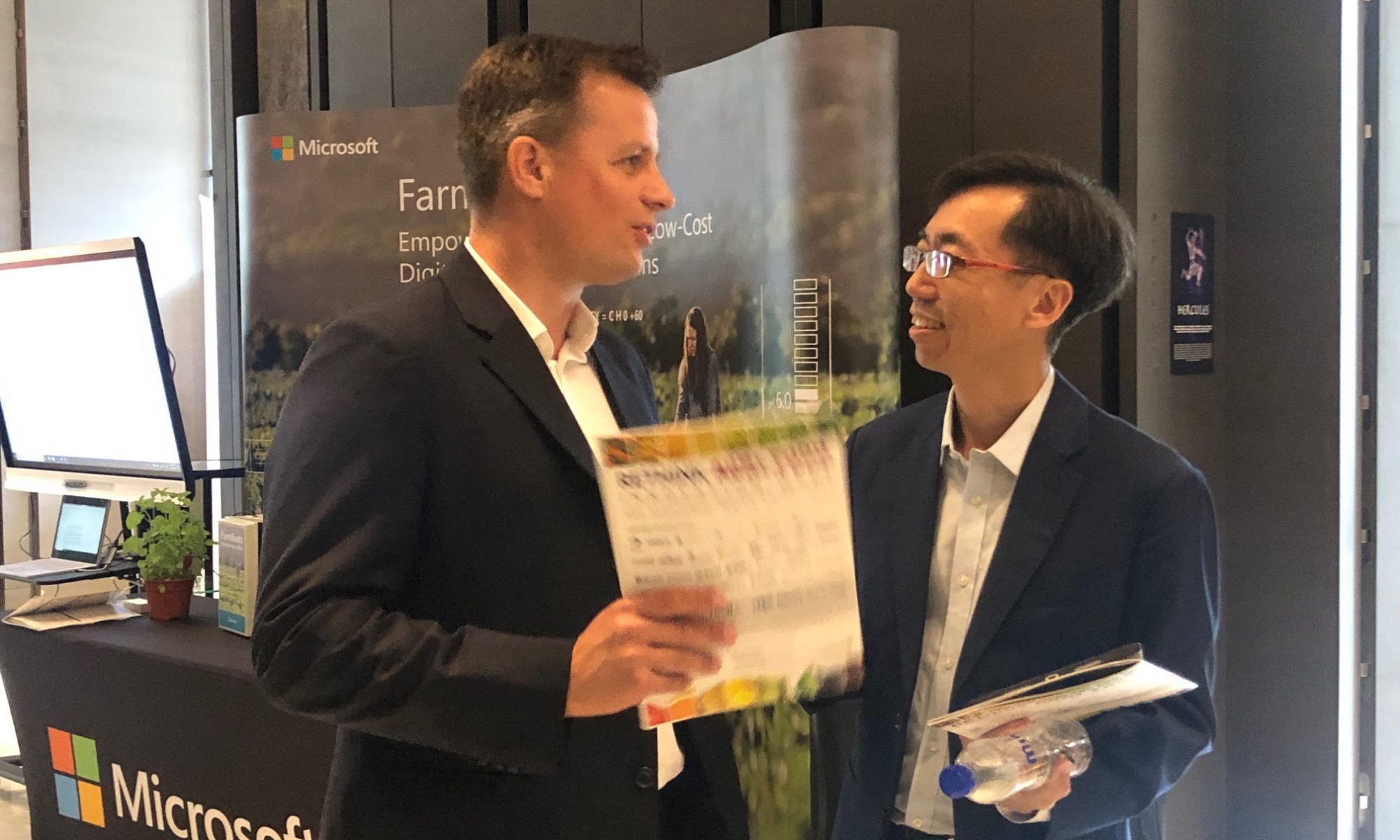In Singapore a disruptive agri-food ecosystem to tackle the challenges of nutrition
Let food be thy medicine. Singapore cultivated Hippocrates’quote and is building a unique innovation ecosystem to find solutions for the food and nutrition’s latest issues. The economic development of ASEAN countries is creating a shifting consumer population, with increasing prevalence of diabetes, obesity and age related health issues, and greater demand for healthier, more nutritious food that is sustainably and ethically produced.
Singapore’s first Rethink Agri-Food Innovation (RAFI) Week took place at Novotel Stevens on 27-29 November 2018 and confirmed the fundamental role of technology in building an efficient, resilient and sustainable agri-food supply chain that can deliver fresh, nutritious food to today’s fast-changing consumer market.
Featuring dedicated segments on Agriculture, Aquaculture, Indoor Farming and Food-Tech, the three-day summit brought together agribusinesses, indoor growers, food brands and ingredient developers with equipment manufacturers, entrepreneurs and investors to share innovation and experiences from around the globe.
Kenneth Lee of New Protein Capital, Ralph Graichen of A*Star, Katashi Kai of Agribusiness Department (Japan), Nitza Kardish of Trendlines Accelerator (Israel), Josh Tetrick of Just (USA), Xun Wang of Triton Algae Innovations (USA) and Anthony Tiarks of Parabel (USA) are only a few of the speakers at RAFI.
Kai Fong Chng, MD of the Economic Development Board (EDB, Singapore) and Lee Eng Keat, Executive Director of Agrifood EDB (in the photo with Tamu Group CEO, Nils Razmilovic), welcomed the Rethink Agri-Food Innovation Week with the assurance that in Singapore government, accelerators and industry will continue to support and facilitate agri-food innovation.
As the regional agri-food innovation ecosystem grows significantly, the summit explored the latest models for technology investment, incubation and commercialisation, showcasing the most exciting technology start-ups from around the world and creating powerful partnership opportunities to accelerate the region’s sustainable growth for the future.
Ingredient innovation seems the key to promote healthy ageing and reduce sugar consumption while retaining desirable taste and texture.
Plant-based proteins and natural fibers are the secrets of a healthy diet.
If Beyond Meat, Impossible Foods and the Right Treat have already showed the opportunity in finished products, innovative ingredients manufacturers (such as Parabel and Tamu Group) were also high visible. Parabel started working on water lentils, the world’s smallest flowering plant. Between its nutrient-rich, rapidly renewable nature and its carbon- and water-neutral production process, some say it could grow to become the world’s most sustainable and complete food source. The protein also contains a good amount of Leucine, which is considered an important amino acid for its ability to aid in protein synthesis.
On the fibre side, scientists at The University of Melbourne recently confirmed the presence of a significant quantity of polyphenolic compounds and flavonoids in the cane fiber (that already proved to be more than just another carbohydrate) produced by Tamu Group, a Singapore based agri-processor and manufacturer of natural functional ingredients. Polyphenols are responsible for a wide range of health benefits including reduced sugar uptake. Tamu Group recently signed with Ultimate Performance Fitness to supply its Five10fibreTM into supplements.
To keep updated with food innovation, don’t miss Future Food-Tech, on 21-22 March 2019 in San Francisco, USA. Rethink will bring together key figures from across the food industry, including investors, start-ups, technology companies and food and ingredients manufacturers.

